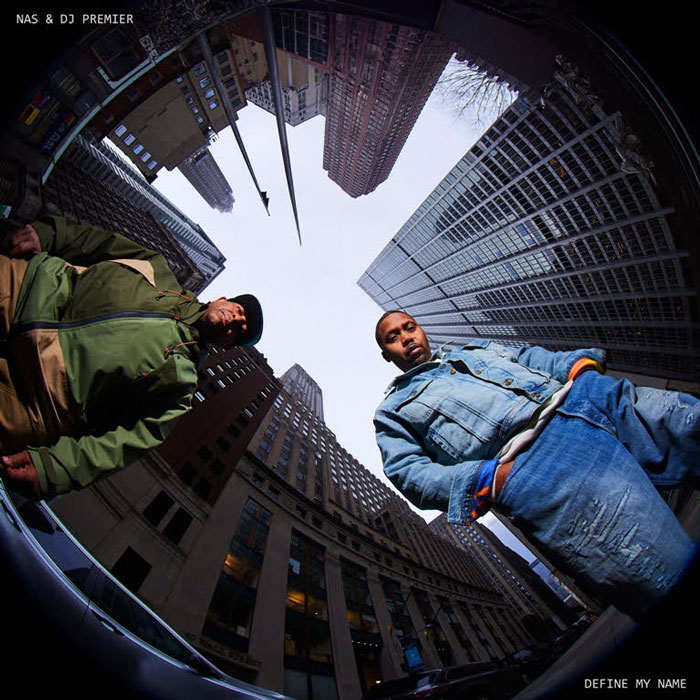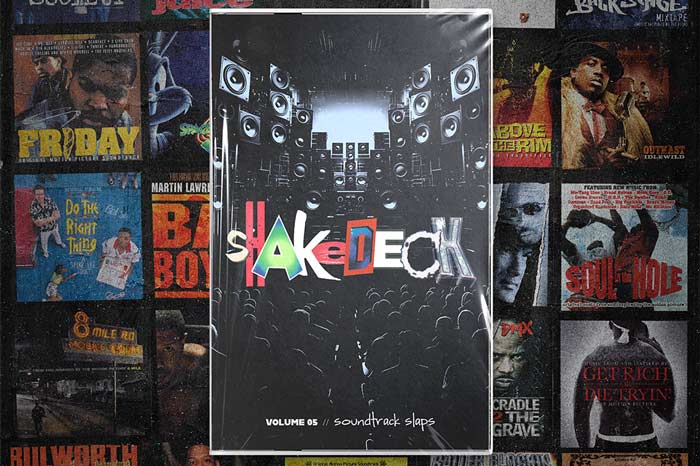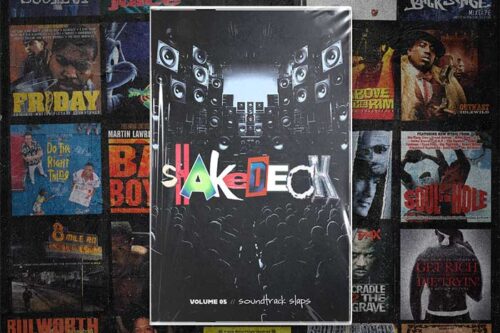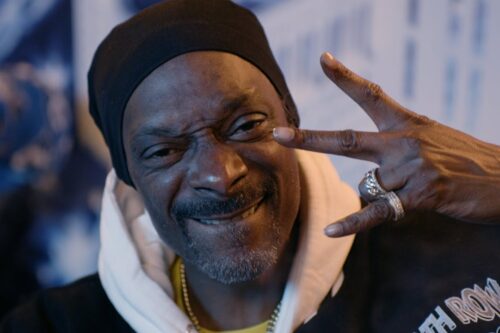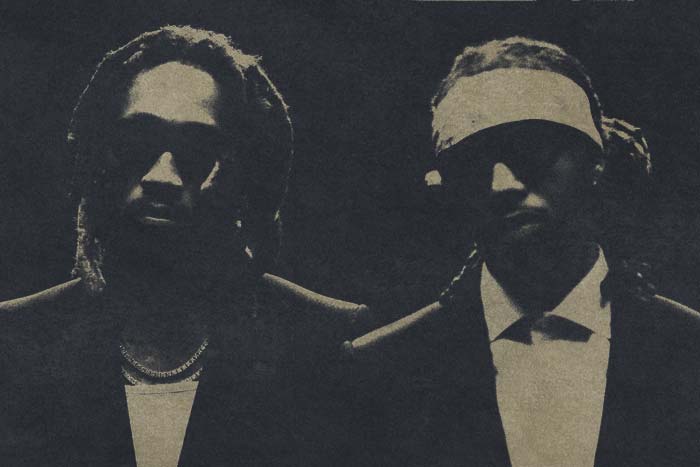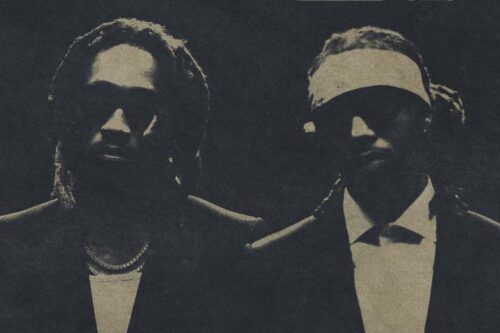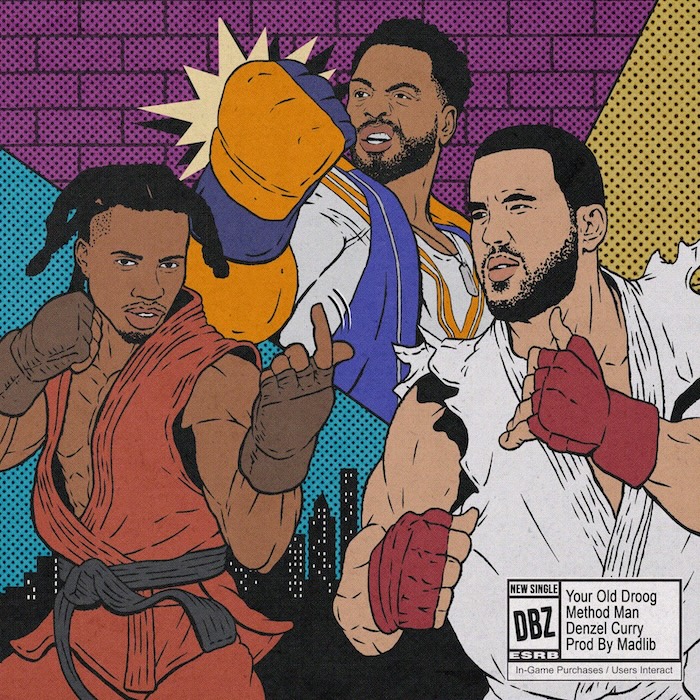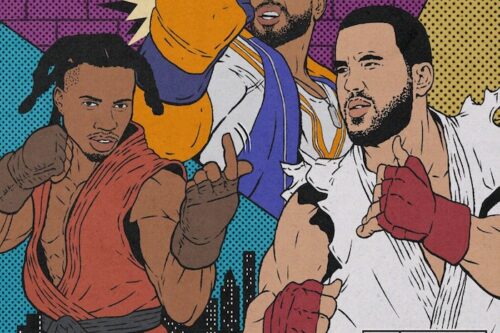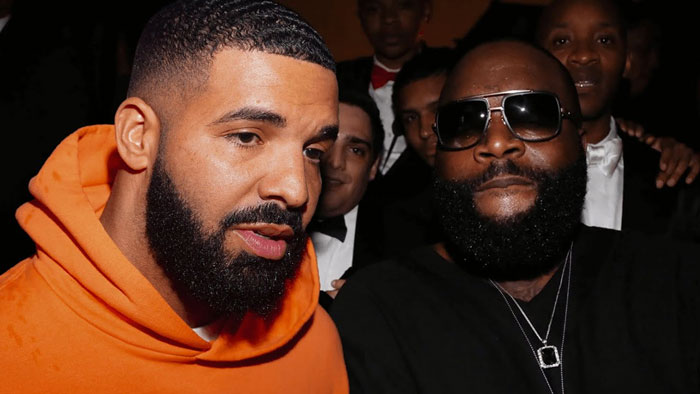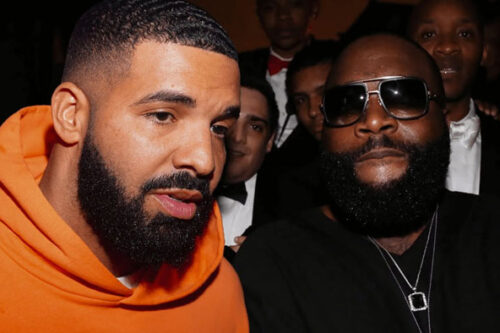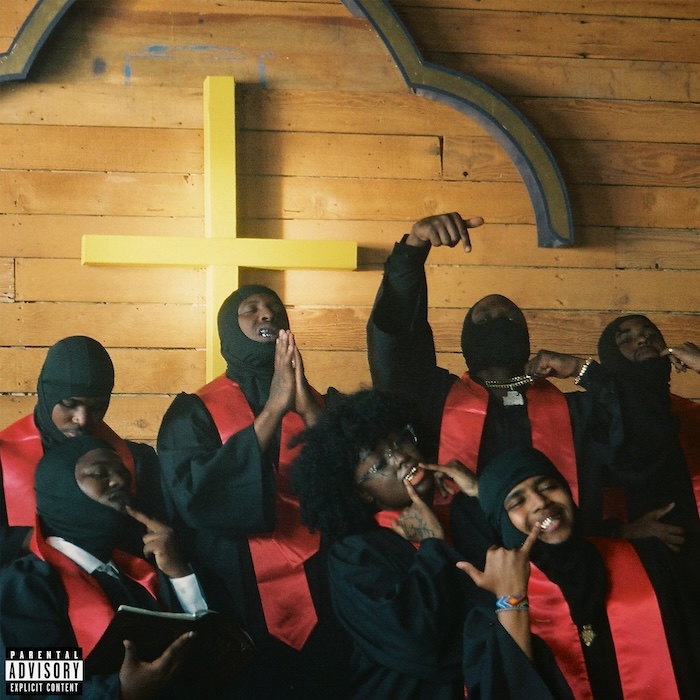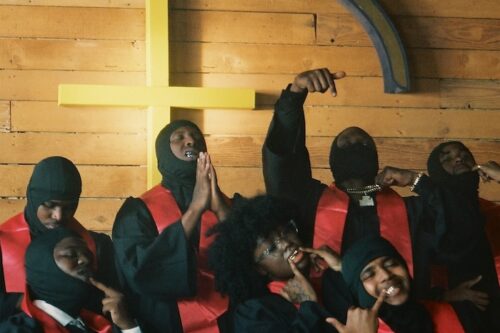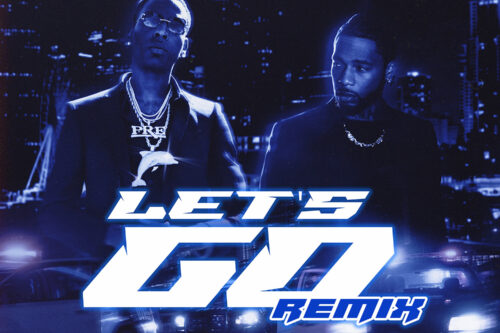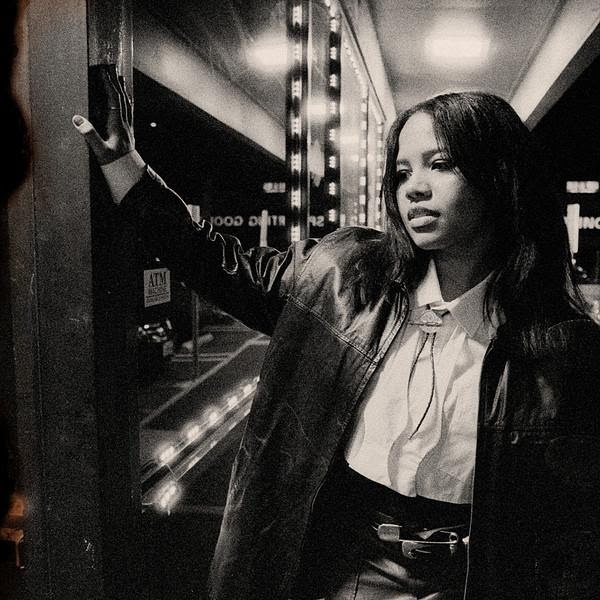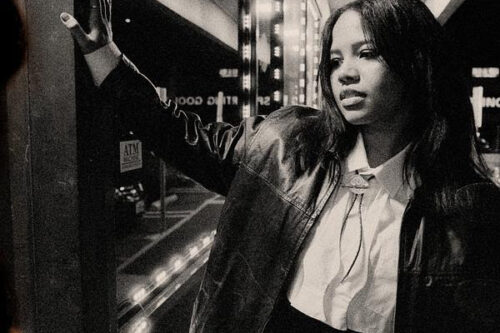
Words by Andreas Hale.
Lists, lists, lists.
We’re all obsessed with lists because of our insatiable curiosity to see who or what is #1. And when it comes to 2013 music lists, this was an interesting year. Hip Hop saw a majority of its heavyweights release albums. Drake, Jay Z, Eminem and Kanye West all dropped albums while we witnessed Chance The Rapper emerge as a powerful voice in a similar manner that Kendrick Lamar did when he dropped Section.80 in 2011. But unlike Kendrick’s good kid, m.A.A.d. city in 2012, there was no runaway selection for best hip hop album of 2013. As a matter of fact, this may have been one of the most difficult years to peg a “best” album.
It was far too trendy to put Yeezus at the top of many of these year-end lists because embracing something different isn’t really that different to begin with. It was more indicative of our infatuation with Kanye’s unorthodox approach rather than the music itself. Chance’s Acid Rap was great, but I get the feeling that more people saw a bandwagon and jumped on it just to be “in the know” rather than really soaking in his talent. And Drake, well, he’s Drake and people are just going to love to hate him or hate to love him.
In January, I found myself revisiting some of these so-called best albums and attempted to play them front to back while holding back my almost Tourettes-like urges to mash the skip button when I heard a song I didn’t care for. Many of these albums I struggled to listen to in their entirety. Then I landed on J. Cole’s Born Sinner and my audio version of Tourettes dissolved. After the title track ended, I sat back and thought to myself “Damn, this may have been the best album of 2013.”
The key phrase here is “may have been” as I’m still not sure what the best album of 2013 was. However, I believe I can make a very strong case as to why Born Sinner was the best album of 2013.
But before I get into the why, I need to explain something that is very imperative to this discussion.
iPods (and CDs before that) have made it really difficult to understand how important cohesion and consistency are to an album. Back in the day when cassette tapes ruled the industry, it was frustrating to have to manually fast forward through the songs you didn’t care for just to get to the ones you wanted to hear. CDs helped that process by enabling you to skip a song with a push of the button. However, you were still trapped into listening to that particular artist until you changed the CD. iPods took that concept to another level by allowing you to stuff it with all the music you enjoy while leaving out any of the fat that interrupted your listening experience.
The iPod is like a Las Vegas buffet where you have the good, the bad and the garbage at your disposal and can simply walk past a meal that you aren’t interested in. You are more likely to remember the good rather than the bad because you aren’t forced to eat it. Whereas, with a cassette you are stuck with a five-course meal where a couple of bad courses will obliterate the experience.
It made the careful crafting of an album a lost art. Artists began putting together albums with 18 songs and the idea that if you didn’t like one song, you could just skip to another. You couldn’t get away with that in the cassette era. Three bad songs in a row usually spelled the demise of an album. Now you can just act like certain songs didn’t exist and say that an album is great. Like the buffet, you can say that the good songs saved the entire experience. As long as the good is great, the bad is forgivable.
With that being the premise of my dialogue, let’s proceed with why Jermaine Lamarr Cole’s sophomore album was a great album.
Admittedly, I felt J. Cole’s Cole World: The Sideline Story was a bit too stiff and struggled with its own expectations. From the moment he announced the album, the lofty expectations began to weigh heavily on the final product. Much of the material he initially recorded ended up being on the Friday Night Lights mixtape as Cole found himself doubling back and recording new songs in an effort to deliver that Illmatic experience he desired. Unfortunately, The Sideline Story wasn’t as good as it could have been. It certainly wasn’t bad, but we all knew Cole could do better.
When he went to work on Born Sinner, it may have felt like the only place for J. Cole to go was up. Not that The Sideline Story was a flop or a musical failure, it just felt like Cole was trying too hard to impress when the truth was that we liked who he already was.
Bear with me on this analogy, if you will. The Sideline Story was like the first time you get a beautiful woman in bed and you try your hardest to leave her with the most mind-blowing sex imaginable. The kind she will tell all of her friends and make you a legend with people who had never looked in your direction twice before. But the pressure you put on yourself to impress ends up causing you to flounder in the sack. However, the fact that she comes back for more is an indication that maybe you shouldn’t try so hard and focus on doing what you do best. Instead of pulling a hamstring trying to reinvent the jackhammer, you can just add some variation to missionary. With that initial nervous energy gone and the reality that trying to pull off the porn move of the century is unnecessary, you can be the best “you” that you can be. And that’s what J. Cole did on Born Sinner.
(Whew, thanks for sticking with me on that one.)
Many artists struggle when being signed to a major label. They try too hard to be universal and lose their core in the process. Cole’s mixtapes have always been acclaimed and he needed to get back to that form of making music without trying to please every listener out there.
Interestingly enough, Born Sinner wasn’t an album that struck me as remarkable upon the first listen. It lacked the gloss and glitz that would have you rushing to hear certain songs because of a guest spot or a guest producer. Instead, it is the true definition of a slow burner where Cole decidedly kept the guest list to a minimum. Hooks from Miguel, Kendrick Lamar, James Fauntleroy and TLC (or just T&C?) were featured and Cole opted to handle the production himself (alongside Elite, NO I.D.) with the exception of Jake One, who solely produced the “Mo Money” interlude.

The result was an album that gave you J. Cole in his purest form. In my opinion, this was the album he wanted to create as his debut. It was the album that wasn’t overshadowed by big guests and left Cole to his own devices. Where his debut felt like he was trying to fit in, his sophomore effort was J. Cole disregarding preconceived notions of what a major label album should sound like.
Cole had found his groove when the industry pressure that wrapped itself around his throat had loosened its grip. A hit single was necessary, but not expected. “Power Trip” didn’t trap itself in hit single tropes and felt more like a song that happened to become a single than the forced entry into our lives that “Work Out” had.
There’s also a certain self-awareness that permeates through J. Cole that is instantly relatable. Unlike Drake, whose self-aware blood is just too rich for any of us to relate to, Cole is grounded in his blue-collar roots and has yet to have his vision completely shrouded in a fog of success. Lyrically, he’s always looking over his shoulder and you can almost hear the undertones of his rhymes suggest that he’s change in fortune away from going back to the starving artist dwellings that he climbed out of.
Songs such as “Chaining Day,” “Rich Niggaz” and “Mo Money” are evidence of his own living paradox of celebrity vs. blending into the crowd and the perception of rich vs. wealthy. He’s insightful about past relationships on “Runaway,” shrugs away physical imperfections on “Crooked Smile” and feigns both humility and arrogance on “Let Nas Down.” On the latter he believes he’s as good as his idols, but is humble enough to understand that he is a long way from passing them on hip-hop’s highway.
Born Sinner is a therapeutic self-analysis that is exceptional both lyrically and sonically. More importantly, it is consistently solid from front to back and doesn’t rely on camera tricks, gimmicks and guests to get over.
He may not be as animated as Chance, as daring as Kanye or as cocky as Jay Z, but it is the words that he puts to paper and releases into a microphone that are an important entry into the culture. He doesn’t possess a remarkable quality that separates him from his peers. But it is his focus on being fundamentally sound that has allowed him to become a star without going out of his way to be one. Perhaps he’s the Tim Duncan of rap?
All of the above reasoning might be the rationale behind releasing Born Sinner the same day as Yeezus. People who didn’t know better would easily write J. Cole off as being insane, which left the door wide open to be pleasantly surprised by the album. Once you racked your brain with Yeezus, you could turn to Born Sinner where the expectations weren’t nearly as high. Some players thrive when being side by side with someone who has even higher expectations than themselves.
“This is art, and I can’t compete against the Kanye West celebrity and the status that he’s earned just from being a genius,” Cole said in an interview with MTV. “But I can put my name in the hat and tell you that I think my album is great and you be the judge and you decide.”
I’ve decided that J. Cole’s Born Sinner just might be the best album of 2013. If not that, it is certainly the most under appreciated album of the year. In a year where listening to Jay Z’s album felt like a financial investment, Kanye dared to make art out of noise and Beyonce wrote her own new rules to dropping an album, J. Cole simply focused on making a consistently great album.
But I’m just a critic, who the hell am I?

